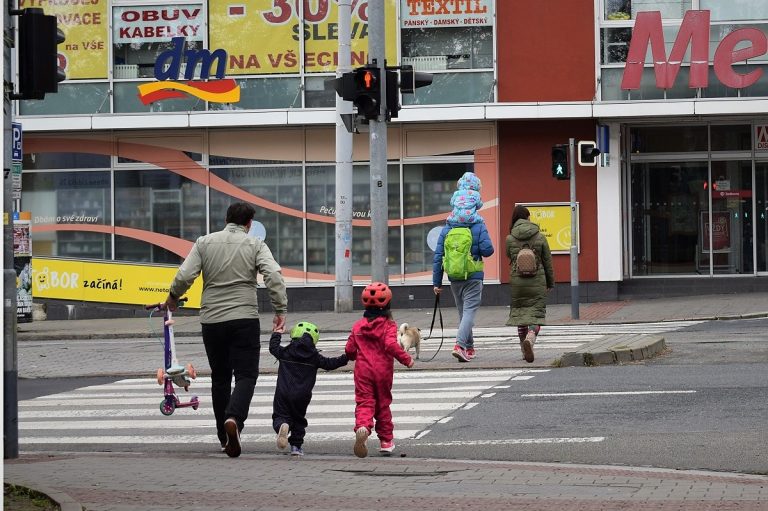According to data from the Professional Society of General Practitioners, many retiring pediatricians have no one to replace them in surgeries, and the average age of general practitioners for children and adolescents was 58 years in 2017. With current trends, it could reach 62 years by 2030. Photo Credit: KK / BD.
Czech Rep., Aug 17 (BD) –According to data from the Professional Society of General Practitioners of the Czech Medical Society JE Purkyně, reported by Czech news website ČTK, the average age of a pediatric GP was 58 years in 2017, and with current trends may reach 62 years by 2030. Many retiring pediatricians have no one to replace them in surgeries, and so the number of patients per practice is growing.
“The supply of young doctors is not as fast as we need,” said Alena Šebková, Chair of the society, quoted by ČTK. “There are, of course, places where the generational change has been successful, but there are some localities which have already seen a reduction in this care.”
According to Šebková, the current situation has arisen as a result of a change in specialization education in 2017, which merged the education of pediatricians in primary and hospital care into one field of pediatrics. The separate training of pediatric GPs thus disappeared, and in the new combined program, the period of compulsory practice in GP surgeries was reduced from one year to three months. Another six months of GP training is available as an option, but Šebková said that the vast majority of trainee pediatricians do not take this option.
Some young doctors also said they were afraid to get into practice due to their low level of practical skills after completing their specialized education. Others also complained that when they carried out their residence posts in hospital, their compulsory practice as a pediatric GP took place in one of the hospital outpatient clinics, or they were not allowed to practice at all. According to Šebková, the compulsory GP component of pediatric training should be extended to seven months, following the recommendations of European professional bodies, though some hospital pediatricians do not agree with the extension.
According to Kryštof Berka from the Ministry of Health’s press department, officials are aware of the problem and are trying to address it. He told ČTK that since 2017, the ministry has been trying to find a compromise between the views and requirements of pediatricians in outpatient clinics and hospitals, and is facilitating negotiations between them. “We are currently working intensively on this issue within the ministry. At this point, it would be premature to publish specific conclusions or outcomes,” he added.






